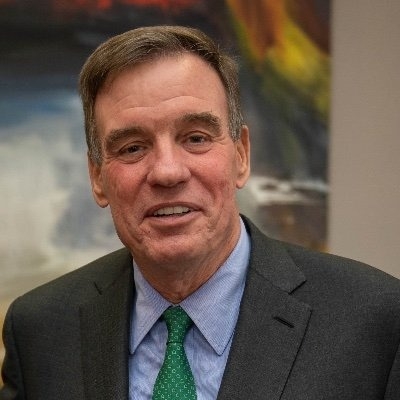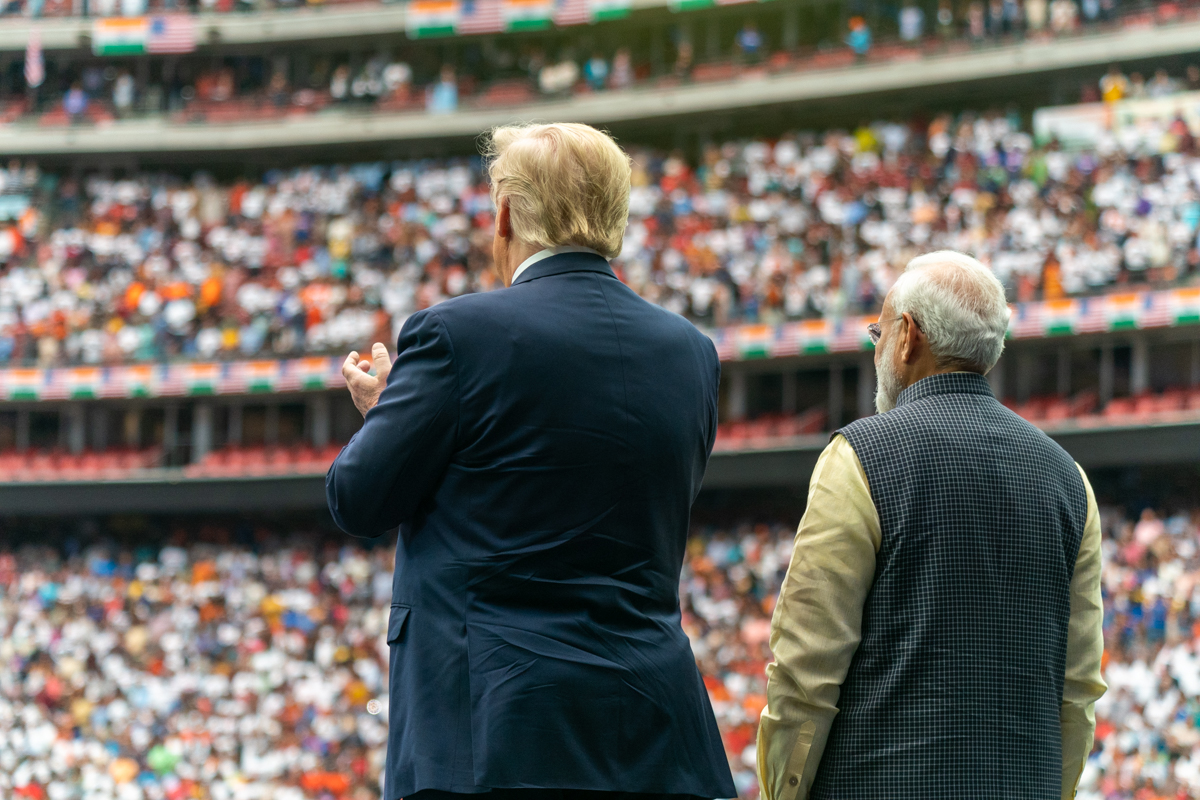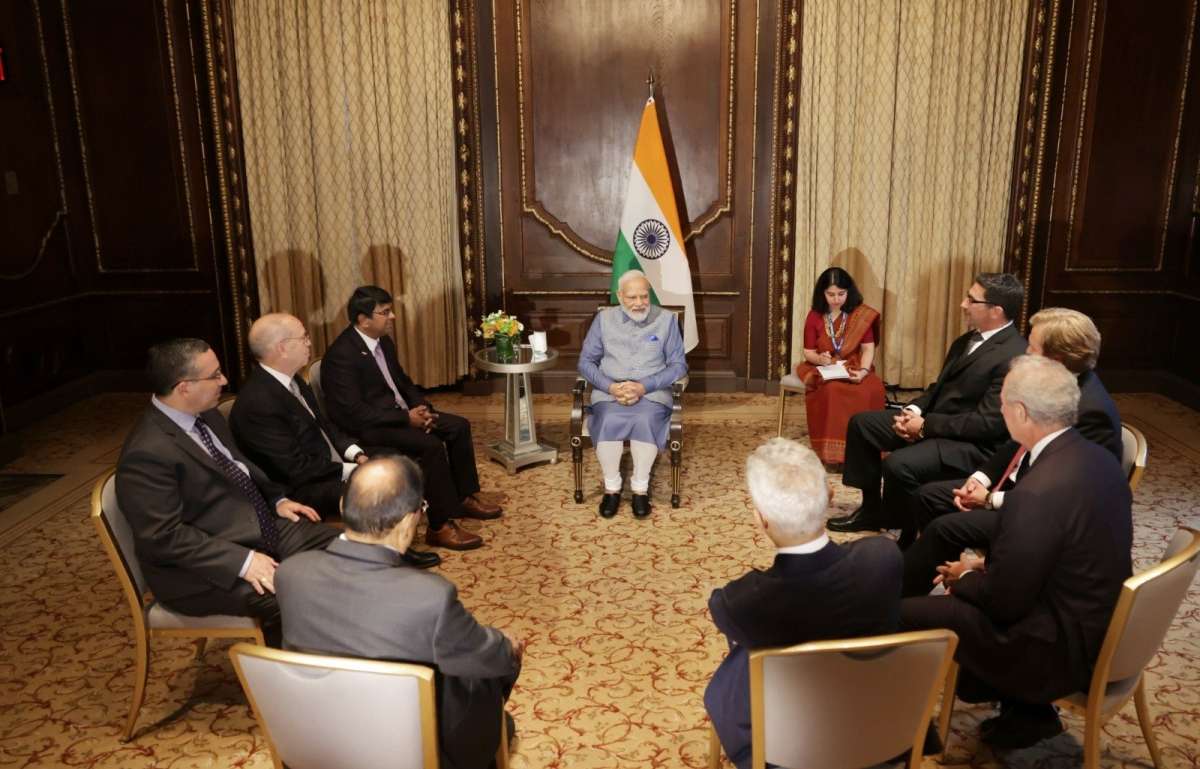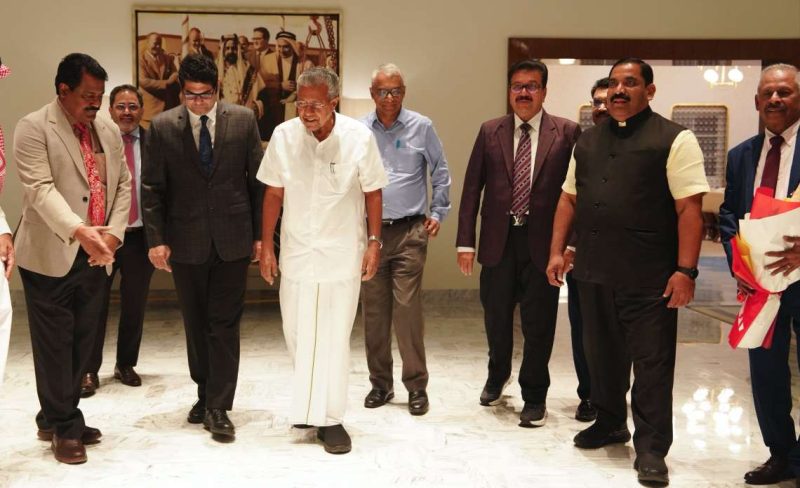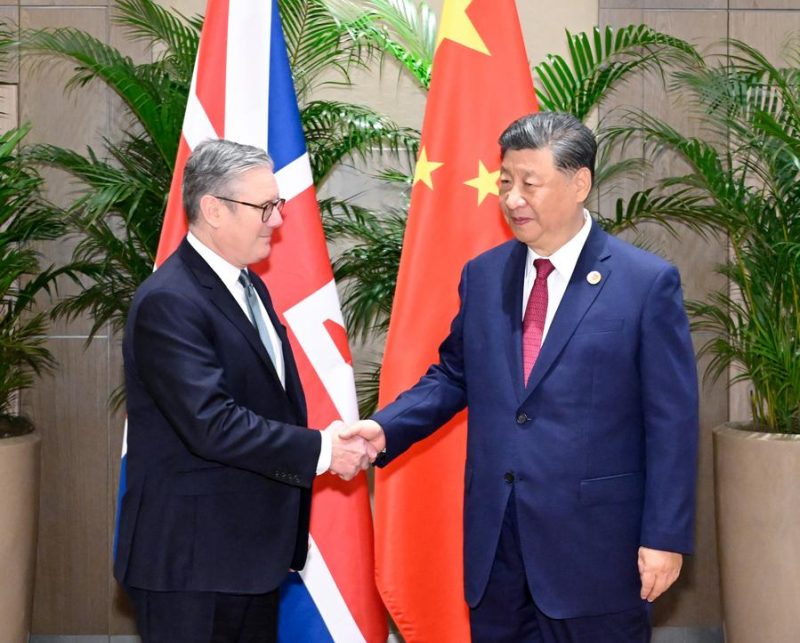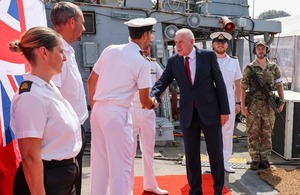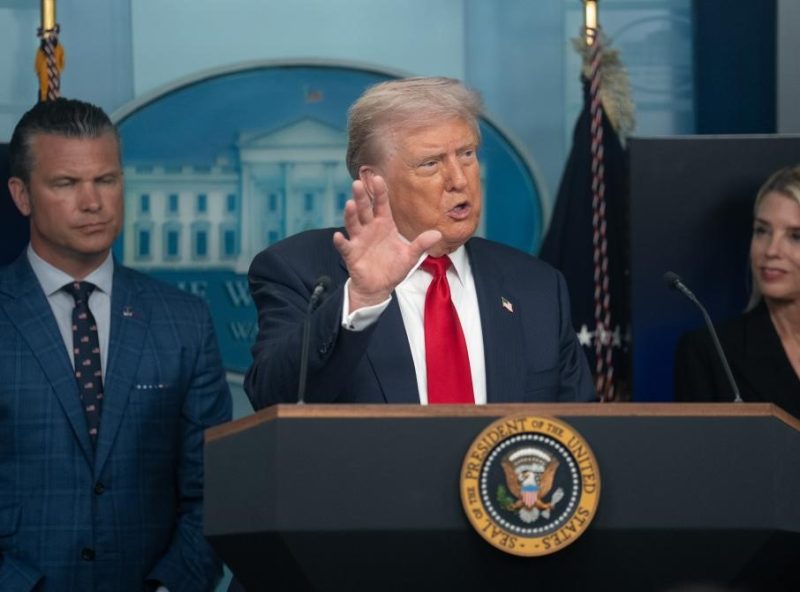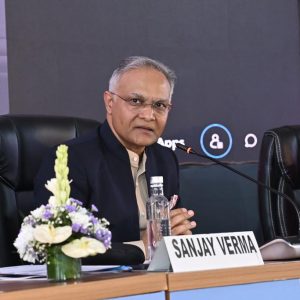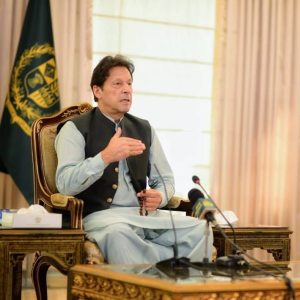The lawmakers intend the legislation to be a part of the celebration of Prime Minister Modi’s visit, but India does not want to be added to that group…reports Asian Lite News
A bipartisan duo of US senators will introduce legislation this week proposing to add India to the NATO Plus group of American allies, disregarding opposition from New Delhi.
Senator Mark Warner, a Democrat who chairs the India Caucus in the Senate, said on Tuesday that he and Senator John Cornyn, the Republican co-chair, will be introducing “both as a stand-alone bill and as an amendment to the (National) Defence Authorisation Act (NDAA) and effort to upgrade India-US defence ties”.
“What we propose is adding India to the so-called NATO Plus arrangement where the United States is able to transfer with as little bureaucratic interference as possible defense equipment in a very strong way.”

This current relationship, he added, is restricted only to US’ ties with NATO and with certain other key allies such as Israel, Japan, South Korea, Australia and New Zealand.
“Adding India to that category will strengthen our incredibly important defence ties, particularly as we both grapple with challenges” from China.
The lawmakers intend the legislation to be a part of the celebration of Prime Minister Modi’s visit, but India does not want to be added to that group.
“That is not a template that applies to India,” External Affairs Minister S. Jaishankar said at a recent news conference in response to a question about a recommendation by the US congressional body to expand NATO Plus to include India.
Jaishankar not only expressed opposition to the idea, but also said the Joe Biden administration did not support it either.
“So I must say, a lot of it is actually outside the administration. The administration understands this very, very well. So we have a situation where actually in many areas, the administration has been very forthright, very understanding, very cooperative.”
The Senator did not directly address Jaishankar’s opposition to India’s inclusion in the group, when asked specifically about the minister’s remarks.
Warner replied instead by stressing on the general need to improve defence ties with India and improve India’s defence capabilities by making defence trade between the two countries easier. There was a need to improve defence ties, he said, as he had heard form Indian defence companies, and defence companies owned by Indian Americans and even Indian defence officials.
Membership of the NATO Plus group will considerably shorten the approval procedures for the sale of US defence equipment, specially those subjected to export controls.
Warner and Cornyn’s legislation — both stand-alone and as an amendment to the NDAA — will need to pass both chambers of the US Congress before it becomes law. There is already some support for it in the other chamber, the House of Representatives, whose committee on China recommended adding India to NATO Plus earlier in June.
This proposed legislation will not be the first. Earlier efforts failed because of opposition from some key lawmakers.


